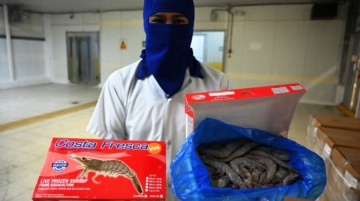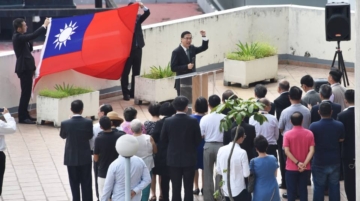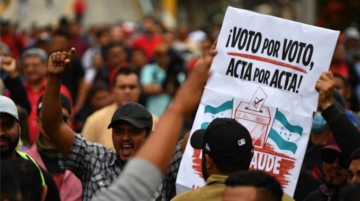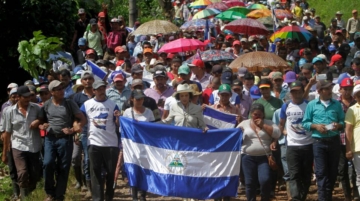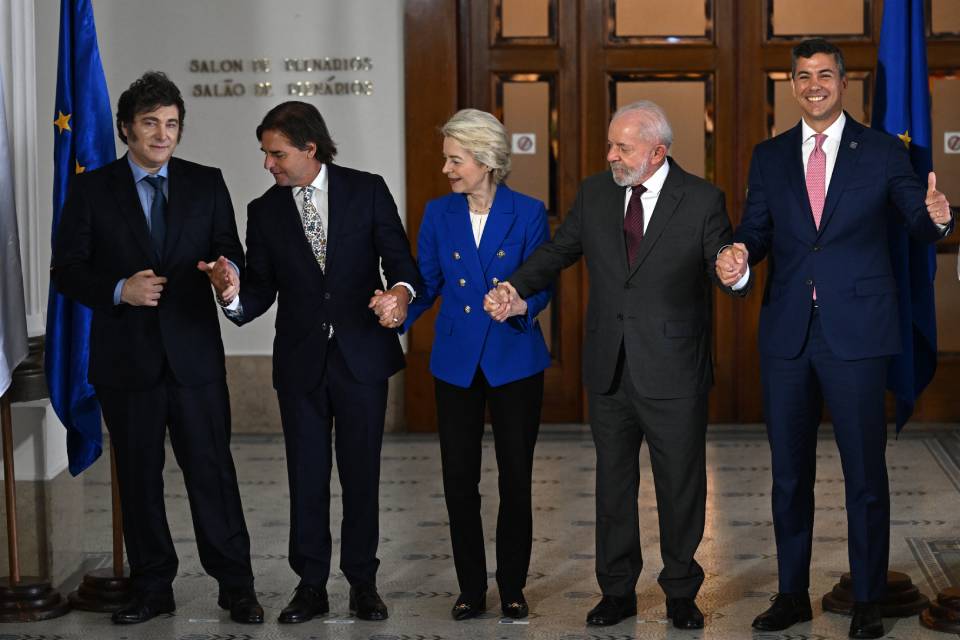
Amid a flurry of headline-grabbing geopolitical developments, one story has flown largely under the radar: several recent signals from within Paraguay suggest a potential shift in the country’s long-standing diplomatic relationship with Taiwan. While it might seem like just another chapter in the long-running contest between Beijing and Taipei for diplomatic recognition in Latin America, this case carries outsized significance.
Despite being a small landlocked country, Paraguay looms large strategically: the country holds a key to the Southern Common Market (Mercosur), one of the most important trade blocs in the Global South.
Because Mercosur operates by consensus—granting each founding member an effective veto—Paraguay has the power to shape the bloc’s external partnerships. As a result, Taiwan’s diplomatic foothold in Asunción intersects directly with China’s broader ambitions for regional economic access and influence.
Paraguay-Taiwan ties
Paraguay is the last remaining diplomatic ally of Taiwan in South America. They have maintained diplomatic ties since 1957. Throughout the years, the two countries have often mirrored each other politically.
When Paraguay was ruled by the authoritarian and anti-communist regime of Alfredo Stroessner, Taiwan was governed by the Generalissimo Chiang Kai-shek and his son Chiang Ching-kuo. The countries also share a similar timeline when it comes to democratization: Paraguay started this process after a coup in 1989, and Taiwan did so in 1987 after the lifting of martial law.
The diplomatic relations have remained fluid throughout the years, with reciprocal visits at the highest levels. In 2018, a free trade agreement between Asunción and Taipei came into effect, though its ratification was delayed because Paraguay needed to obtain approval from all other Mercosur members, none of which recognize Taiwan.
The Importance of Mercosur
Mercosur is a South American trade bloc formed by Argentina, Brazil, Paraguay, and Uruguay to promote free trade and economic integration. Shaped by the geography of its founding members, Mercosur is oriented to transatlantic relations. This has led to free trade agreement talks with the European Union (EU) and even with the Eurasian Economic Union (EAEU).
Over the years, Mercosur has expanded its reach: Bolivia has joined as a full member state and others have joined as associate members, including Chile, Ecuador, Guyana, Peru, Suriname and Panama. Today, Mercosur is considered the 5th largest economy in the world.
Paraguay’s importance within the trade bloc cannot be understated. All decisions on trade matters within Mercosur are made by consensus, effectively granting the founding members of Mercosur a veto. If the trade bloc wants to engage with the EU, the EAEU, or China, they need Paraguay on board. This makes the question of diplomatic recognition essential.
An upcoming shift?
In an interview with CNN en Español, Paraguayan Minister for Economy and Finance Carlos Fernandez Valdovinos conveyed Paraguay’s willingness to sign a free trade agreement with China, provided that Beijing was also willing to negotiate one with Mercosur. Implicit in his remarks was a new willingness to adopt the One China policy, signaling a potential diplomatic shift away from Taipei.
Tensions escalated further just weeks later when Carlos Núñez, a Paraguayan deputy from the ruling party, publicly advocated for a diplomatic switch during a meeting with China’s ambassador to Panama, Xu Xueyuan.
The meeting took place on the sidelines of the Latin American and Caribbean Parliament (Parlatino), based in Panama City, where China holds a permanent observer seat. After the meeting, Núñez declared, “We can build a strong relationship that benefits our nation and opens new doors to progress. Together, we will work to realize this dream and strengthen ties with China.”
Yet a full diplomatic shift appears far from certain. Paraguay’s Foreign Minister, Rubén Ramírez Lezcano, recently said that Paraguay was open to establishing diplomatic, consular, and commercial relations with mainland China, but it would not sever ties with Taiwan as a precondition—effectively challenging the One China policy.
Another recent episode that illustrates the tension between Paraguay and China was the expulsion of a Chinese diplomat attending a UNESCO conference in Asunción after his alleged interference in the country’s domestic affairs.
The implications of a Paraguayan reorientation towards China are clear. Diplomatic recognition would grant China access to Mercosur and allow it to exert influence and reorient the trade bloc’s transatlantic perspective to a more China-centric outlook.
But in practice, such a scenario remains unlikely in the near term. Paraguay’s long-standing ties with Taiwan and the strong pro-democracy stance of its conservative political elite make a sudden diplomatic realignment improbable.
Still, in a time of growing global strategic competition, the diplomatic tug-of-war in Paraguay carries weight well beyond its borders. The outcome may well determine who gets to shape the future direction of one of the Global South’s most consequential trade blocs.
Alonso Illueca is CGSP’s Non-Resident Fellow for Latin America and the Caribbean.



